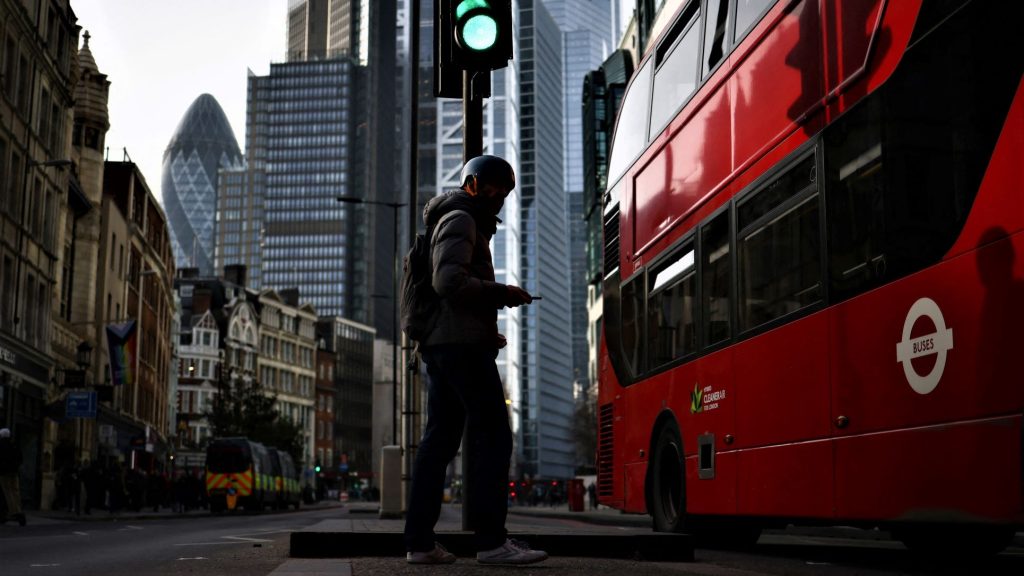UK Should Double Public Investment To Boost Growth, Think Tank Says

Britain needs to spend an extra £50 billion ($64 billion) a year on public investment to boost productivity and long-run growth, largely funded by public borrowing, the National Institute of Economic and Social Research said on Wednesday.
NIESR forecasts Britain’s economy will only grow by 1.1% this year and does not expect annual growth to exceed 1.3% in between now and 2029 – well short of a 2.5% goal suggested by Prime Minister Keir Starmer in the election campaign which took Labour to power at last month’s election.
Asked if Labour had a chance of meeting this goal, NIESR Deputy Director Stephen Millard said no.
Labour finance minister Rachel Reeves has set a more formal target of achieving the fastest growth in economic output per head among the Group of Seven advanced economies for two consecutive years.
Millard said this looked slightly more achievable.
“We have some catching up to do with other G7 countries, so there is some room for us to grow faster. Do we have the capacity to do it? That’s the $64 million question,” he said.
In a quarterly report on Britain’s economy, NIESR, one of Britain’s leading economic think tanks, said public investment needed to be doubled to 5% of national income to fund transport, housing, education and skills and boost productivity.
Growth in output per head in Britain has lagged behind other advanced economies since the 2008-09 financial crisis.
To support this increased investment – which would be well above that in most other rich countries – the government should no longer include borrowing to fund investment in its self-imposed fiscal rule, NIESR said.
That sits at odds with Reeves’ public focus on fiscal prudence.
In a statement last week to parliament, Reeves said the former Conservative government had left the economy in a far worse state than she expected and she scrapped some smaller investment projects – a move Millard called “quite concerning”.
However, NIESR Director Jagjit Chadha did query whether the British state had the capacity to spend extra investment wisely.
“Reluctantly I think we probably do not. And so we stick to the fiscal rules … pat ourselves on the back for being careful guardians of the public purse and continue to fail in addressing our deep set and persistent failures,” he wrote.
(Reporting by David Milliken, editing by Andy Bruce)




